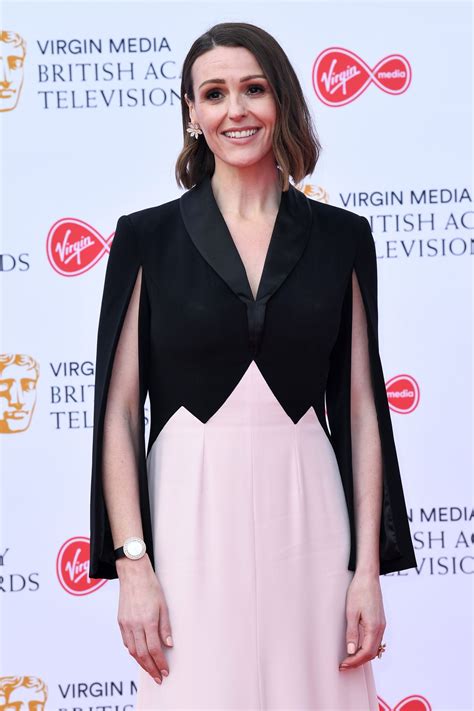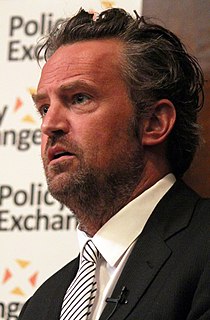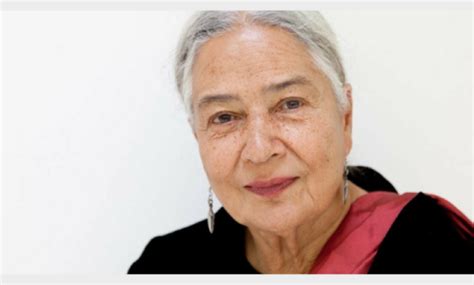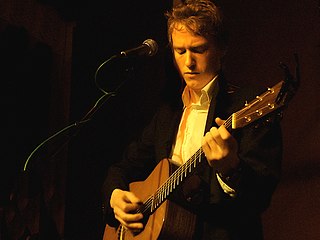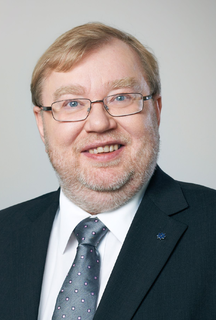A Quote by Arlo Parks
When I first started writing in the beginning, it was very much surrounding the idea of escape and of fantasy, then when I got a little bit older it very much became a way of looking inward.
Related Quotes
I heard about Bhagavad Gita very early in my childhood, from the age of five onwards. It was one of the earliest things I started to read when I started to read. And it was very much a part of my consciousness. In the beginning, I saw the "Bhagavad Gita" as a text that was very classical, much like the "Iliad" and the "Odyssey" - a mythical saga that showed the eternal conflict between good and evil. But much later, as I grew up, I realized that it was much more than that.
Writing is very much an emotional process; it requires you to be very in touch with your feelings. That is the opposite of what you're taught as a medical doctor. We're supposed to be detached and logical. Maybe because I started off as a writer and then became a doctor, I'm able to integrate those two.
I remember writing 'The One I Can't Have' at the kitchen table. I was looking at a picture of Truman Capote with Marilyn Monroe and that's where I started. It doesn't make any sense because he was gay, but it was just the idea of the short guy and the beautiful blonde out of his league. That's where I started, but very quickly it became about me.
I feel very grateful for the way I was brought up. I did not realise it then, but as I grew older and started writing and realised the material that was there was very strong, I felt very grateful that my life was complicated and that my identity was never clear but put me in a position that was always questioned.
The flat tax I got on my first meeting with Margaret Thatcher, who I admired very much and who was a great admirer of Milton Friedman. I met her first when I had been prime minister I think for some months and so on, and when I told her what I am planning to do, she looked at me with these big eyes and said: "You are one brave young man." And then a little bit introduced me on the realities of the Western world on which I was not very well informed. But I didn't stop.
The way it works in commercials is they come to you with the script and then you do the visual, you do the storyboards, and you give your vision of it, but it's very much their baby. You just kind of put your polish and sheen on it, and you're interpretation of it, but it's very much the agency's idea.



